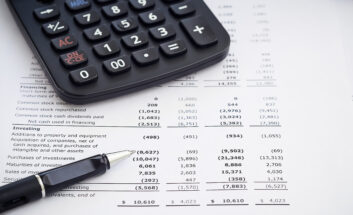News & Resources
Accru News
July 1, 2025
Take a look at our July snapshot of tax developments…
Tax Essentials
June 11, 2025
From 1st January 2025, changes were made to the foreign…
Case Studies
June 3, 2025
A Legacy of Leadership and Sustainable Growth Accru Harris Orchard…
Accru News
June 3, 2025
Embarking on a career in auditing can be both challenging…
Accru News
June 3, 2025
In this staff story, James Howard shares his personal journey…
Accru News
June 3, 2025
Take a look at our June snapshot of tax developments…
Tax Essentials
May 23, 2025
As the end of the financial year approaches, businesses across…
Accru News
May 23, 2025
We are pleased to present the May 2025 edition of…
Accru News
May 14, 2025
With current Mortgage Rates being higher-than-average and many Australians being…
Business Growth
May 7, 2025
As Accru Hobart turns 50, it’s had me thinking how…
Accru News
April 30, 2025
Accru Group Announces New Chair – Rebecca Beitzel We’re delighted…

Start Your Journey
Building a successful company? Want to take your business international? Manage your cashflow better? Buying property? Or do you need an audit?
Find an ACCRU office near you









